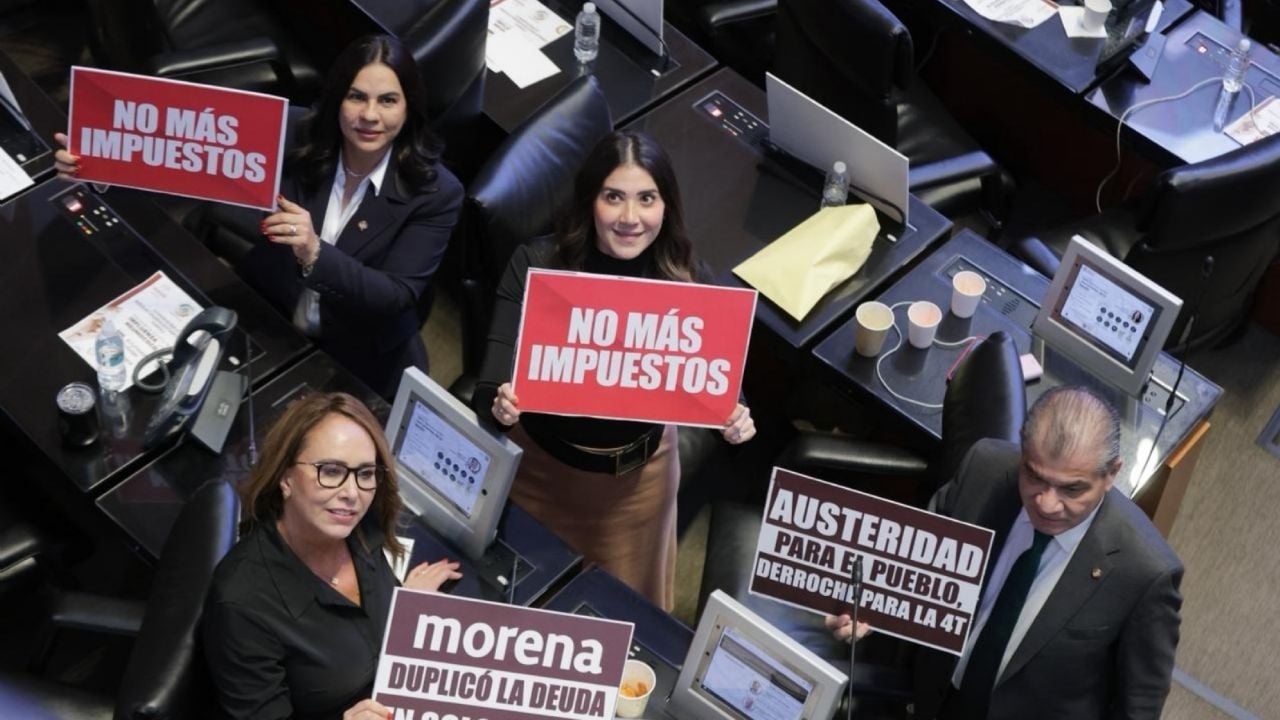Senators approve 2026 tax package without changes: taxes on soft drinks, tobacco, and video games increase

MEXICO CITY The senators from the ruling party approved three laws of the 2026 fiscal package in fast track: the Tax Code, the Federal Law of Rights and the Law of Special Tax on Production and Services (IEPS).
In a marathon session in the Senate, the three reforms and the Revenue Law were approved in committee on the same day, bypassing legislative procedures. The first three reforms were then sent to the full Senate for discussion, where they were approved by the ruling party legislators. The Revenue Law will be debated this Wednesday.
The approved reforms were sent to the head of the Executive branch for promulgation.
The three reforms were discussed in the session and voted on individually. The first to be approved was the Federal Tax Code, with 75 votes in favor and 38 against.
The reform to the Tax Code aims to combat tax evasion, but it also stipulates that digital platforms must allow the authorities permanent and real-time access to information from their systems or records related to the operations of the services they provide.
The second reform approved was the Federal Law of Rights by 76 votes in favor and 37 against the reform that sets new immigration fees: 14.2 percent for visitors without a work permit and 100 percent for recent permanent residents.
In addition, it sets the increase in the cost of access to museums and archaeological zones under the protection of the INAH for foreign people not residing in Mexico, up to 209.09 pesos.
The third reform approved was the IEPS law by 75 votes in favor and 37 against, for the reform that establishes the increase of taxes on sugary drinks, tobacco and violent video games and betting.
OPPOSITION AGAINST THE REFORMSRegarding the reform to the Tax Code, PRI Senator Rolando Zapata Bello highlighted that the Tax Administration Service (SAT) will have the power of immediate execution, without a prior judicial order.
"It will be able to suspend business operations, freeze accounts, block billing, and monitor digital platforms, all without a prior court order. In short, the SAT will collect first, and the citizen will have to defend themselves later," he explained.
Senator Néstor Camarillo of the Citizen Movement (MC) referred to the reform of the Federal Law of Rights and the IEPS, stating that they are concerned about the increases in rights and taxes on museums, archaeological zones, immigration procedures, soft drinks, cigarettes and even violent video games.
He emphasized that they are not a public policy, but rather a revenue-generating band-aid disguised as concern for health or safety.
"It seems we are returning to the times of Santa Anna when taxes were levied on doors or windows of houses," he pointed out.
Regarding the IEPS reform, PRI Senator Karla Guadalupe Toledo stated that the reform is proposed under the guise of protecting health and the environment, but the reality is that what they seek is to collect more from the pockets of Mexicans, especially those who have the least.
"They tell us that this tax increase is a public health measure, but the truth is that it's not about taking care of health."
"This government is just trying to protect its coffers, because if they really wanted to protect the health of Mexicans, we wouldn't be talking about more taxes, we would be talking about more education, more prevention, and more awareness," he emphasized.
proceso






